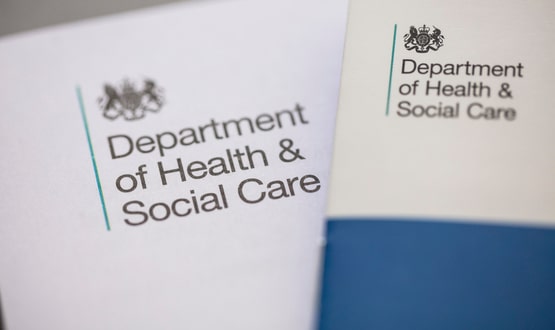Lyniate announces merger agreement with CareCom
- 12 August 2022

Lyniate has entered a definitive merger agreement with CareCom in a move which will see its healthcare interoperability capabilities extended.
Interoperability solutions provider, Lyniate, helps to make clinical data available and more accurate for the NHS and other health and care organisations while CareCom aims to improve the clinician experience through its advanced healthcare terminology mapping.
The two companies already share several customers, and now the merger will enhance Lyniate’s ability to offer a complete suite of interoperability solutions.
Erkan Akyuz, CEO of Lyniate, said: “Interoperability challenges exist at multiple levels, and we see semantic integration as integral to meaningful data exchange. So much critical information is effectively locked away behind different standards of language, and our customers are eager to normalise and aggregate that data to build more complete and accurate records.
“This merger supports our strategy to continue to offer flexible, best of breed, and connected interoperability capabilities to better meet clinician needs and advance the standards of excellence in this rapidly evolving industry. The team and the technology are a great fit for Lyniate, and we are eager for the future, together.”
As well as CareCom customers gaining rapid access to the Lyniate Interoperability Suite, Lyniate customers who are focused on data governance initiatives will benefit from accelerated time to value through seamless access between HealthTerm and the Lyniate Corepoint and Lyniate Rhapsody interface engines.
This most recent merger follows on from Lyniate’s merger with NextGate.
Jacob Boye Hansen, president and founder of CareCom, said: “Lyniate and CareCom share a vision for person-to-person interoperability that supports freedom of expression and is unconstrained by data location or format.
“This next phase of growth brings our customers additional resources, including Best-in-KLAS® level service and compliance like ISO 27001.”





